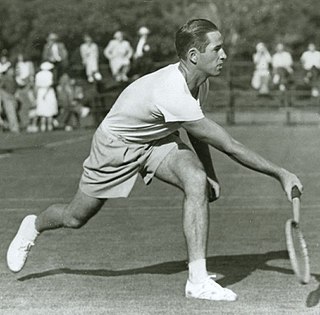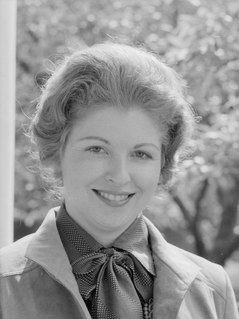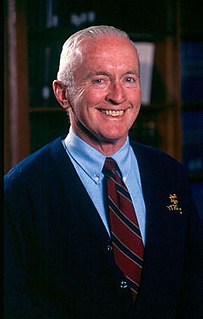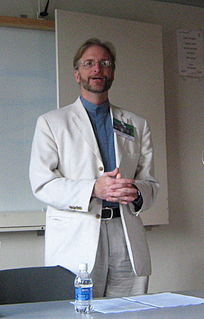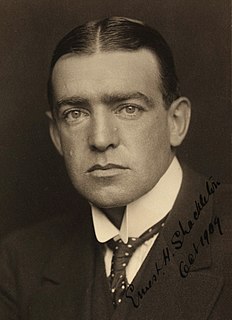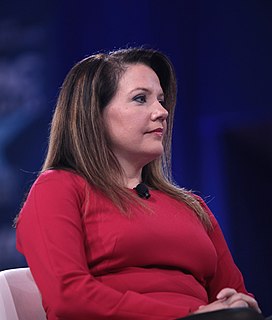A Quote by Annamie Paul
Often, when people like me are elected or appointed to positions of senior leadership, the rules of the game seem to change.
Related Quotes
Anyone will acknowledge that there's a lot of people other than those who are elected who run the government, and who are in permanent positions, and long-term positions, appointed positions - not voted in by anybody. That kind of gnaws away, I think, at the idea of democracy. The two-party system, again, is an issue. What we see is no desire on behalf of anyone to begin to address these problems.
Think of managing change as an adventure. It tests your skills and abilities. It brings forth talent that may have been dormant. Change is also a training ground for leadership. When we think of leaders, we remember times of change, innovation, and conflict. Leadership is often about shaping a new way of life. To do that, you must advance change, take risks, and accept responsibility for making change happen.
One of the statistics that always amazes me is the approval of the Chinese government, not elected, is over 80 percent. The approval of the U.S. government, fully elected, is 19 percent. Well, we elected these people and they didn't elect those people. Isn't it supposed to be different? Aren't we supposed to like the people that we elected?
Life to me is the greatest of all games. The danger lies in treating it as a trivial game, a game to be taken lightly, and a game in which the rules don't matter much. The rules matter a great deal. The game has to be played fairly or it is no game at all. And even to win the game is not the chief end. The chief end is to win it honorably and splendidly.
I wrote to Mr. McEnroe, Senior. I said: "Here is the sentence once written by the immortal Bobby Jones. I thought you might like to have it done in needlepoint and mounted in a suitable frame to hang over Little John's bed. It says, The rewards of golf - and of life, too, I expect - are worth very little if you don't play the game by the etiquette as well as by the rules." I never heard from Mr. McEnroe, Senior. I can only conclude that the letter went astray.


